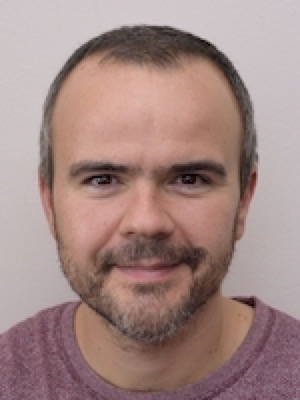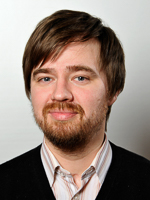We combine novel machine learning models with rigorous mathematical analysis to simulate complex chemical systems and to advance electronic-structure methods.
.jpg)
Machine learning (ML) is revolutionizing chemistry, including fields like drug discovery and materials science in which computational modeling plays a key role. In this context, ML accelerates calculations towards larger and longer space-time scales. However, the application of ML to complex systems including transition metals remains limited by factors like data scarcity, chemoinformatic representations with poor physical foundations, and inefficient chemical space exploration.
The mathematical study of theoretical chemistry is also an expanding field of research, with several research questions lying at the interface with ML. Interesting topics include real-time propagation with deep learning methods, the study of the chemical space from the perspective of graph theory, and the ML-based parametrization of semiempirical methods.
Together, under the same RT, machine learning and mathematical methods will promote existing and new synergies within the centre, including interdisciplinary collaborations with external partners like the dScience Centre for Data and Computational Sciences and the Department of Mathematics.
In RT7, we plan to:
- Develop semiempirical methods based on neural networks, connecting to RT1.
- Develop equivariant models for Delta-ML and the simulation of complex system dynamics with interatomic potentials, including transition metals in solution and metal-organic frameworks, connecting to RT1 and RT5.
- Curate large and diverse datasets including novel chemoinformatic descriptors and quantum properties of metal complexes, connecting to RT5.
- Extend current graph models of transition metal complexes to representations encoding richer geometric and electronic structure information, connecting to RT5.
- Explore the chemical space with novel multiobjective optimization methods combining deep and ensemble ML methods with genetic and active learning algorithms.
- Develop error estimates based on coupled-cluster theory by leveraging novel homotopy concepts and nonlinear functional analysis.
- Extend the Moreau–Yosida regularization approach to density functional theory.
- Develop time-dependent theories and numerical integrators in the context of electron dynamics modeling.
- Use C*-algebras to reformulate the foundations of the many-body problem and coupled cluster theory for quantum computing.

